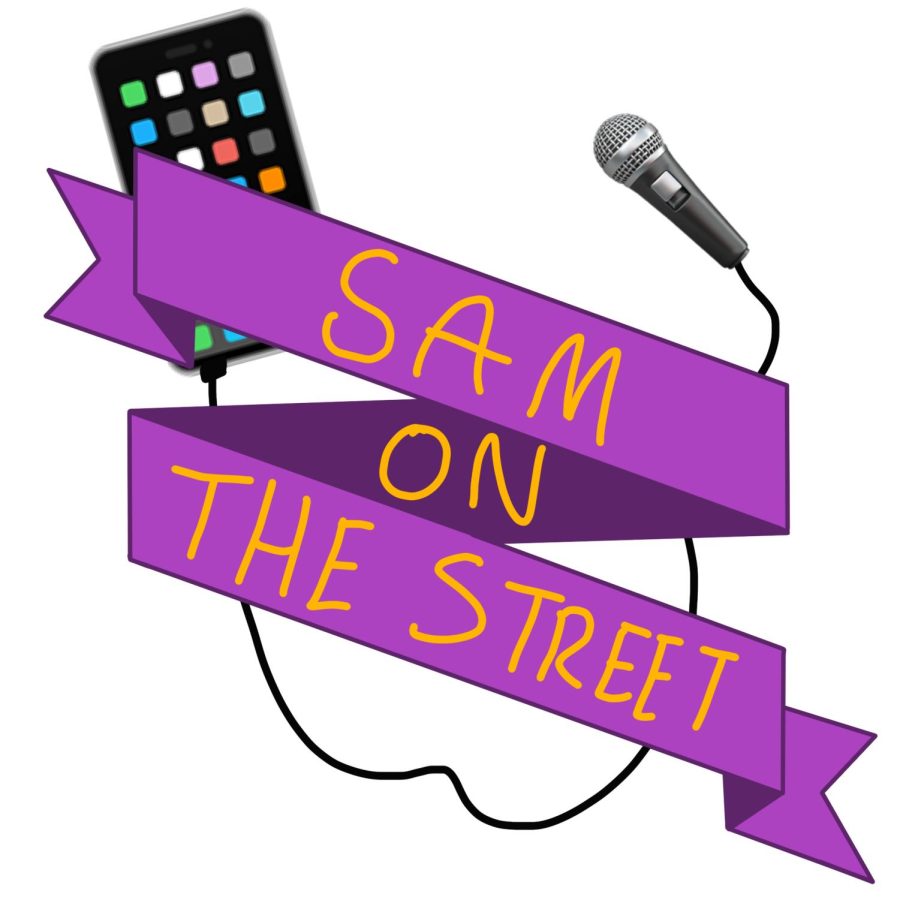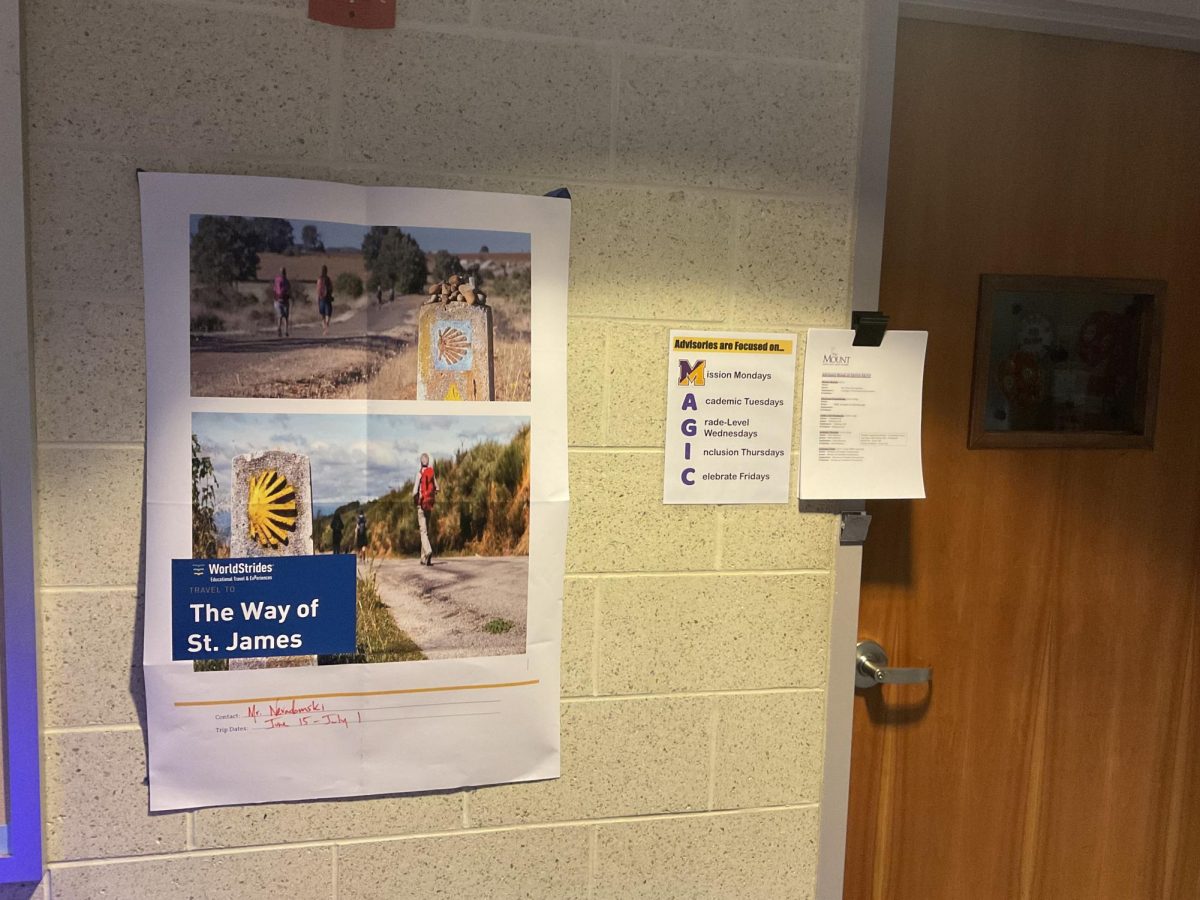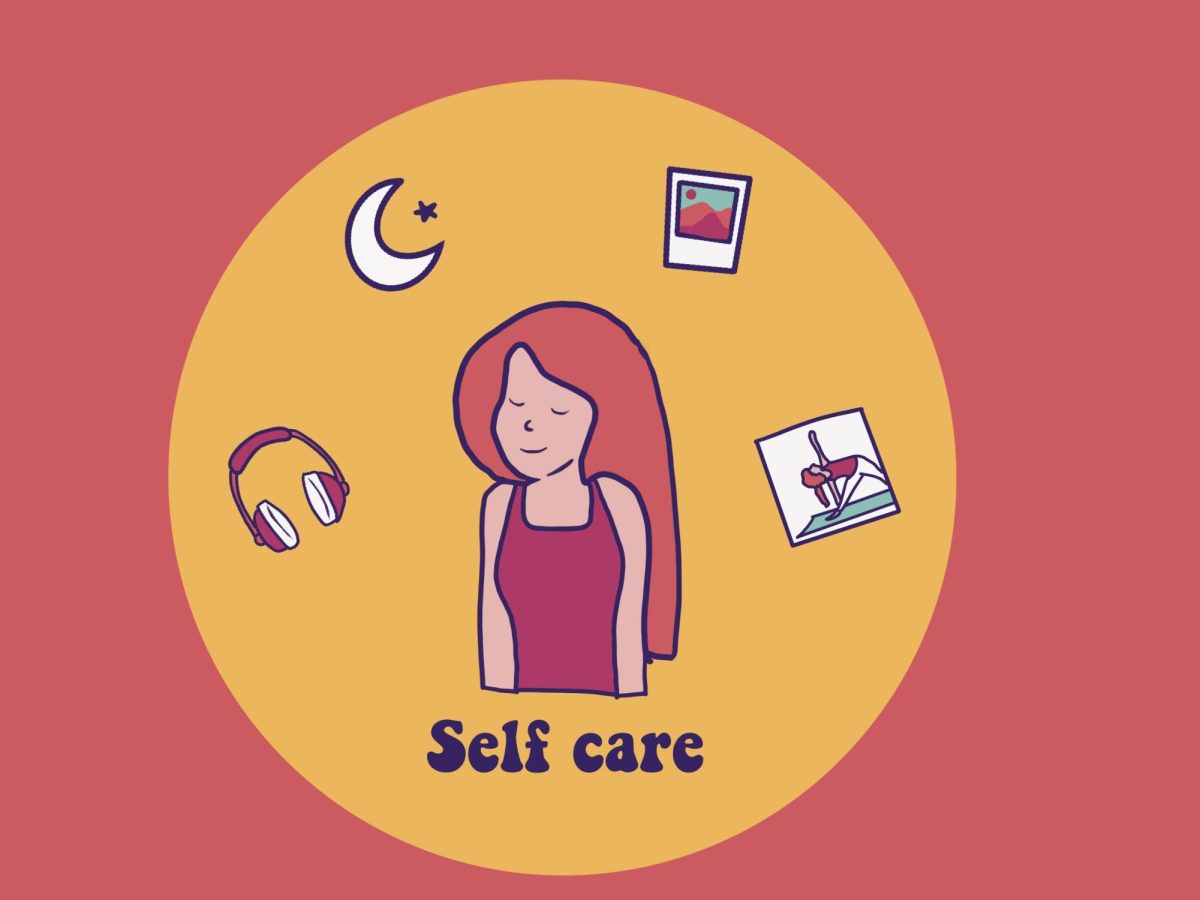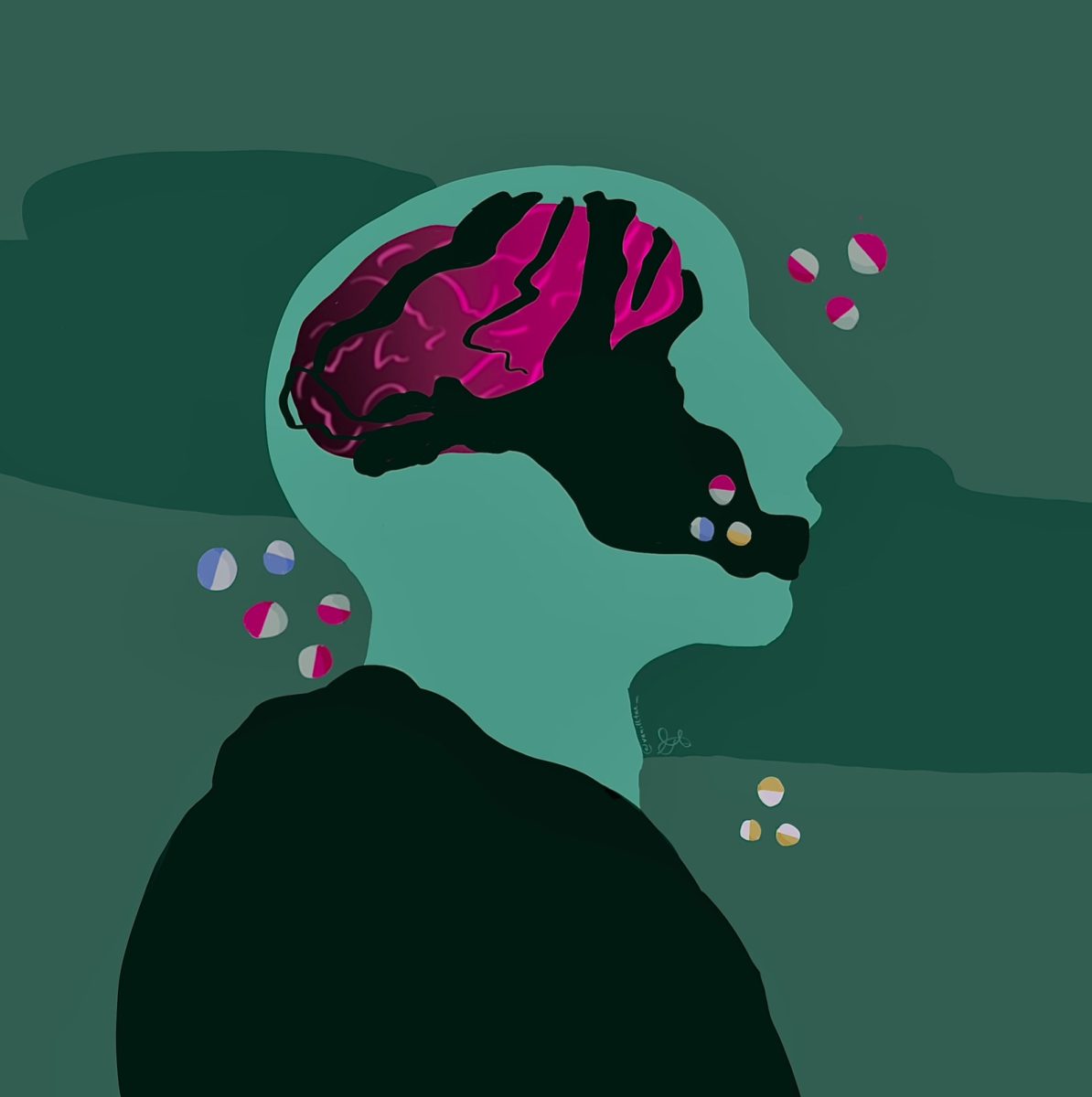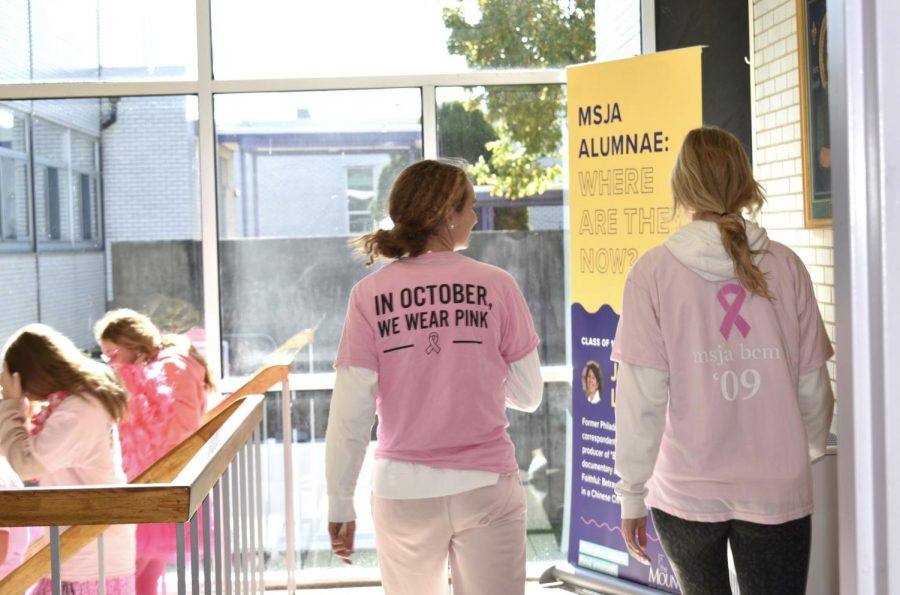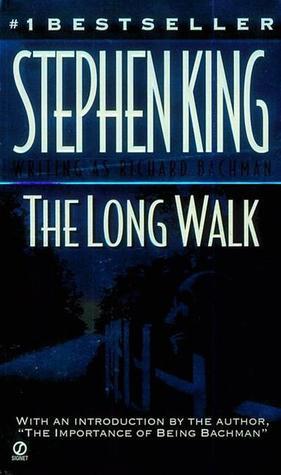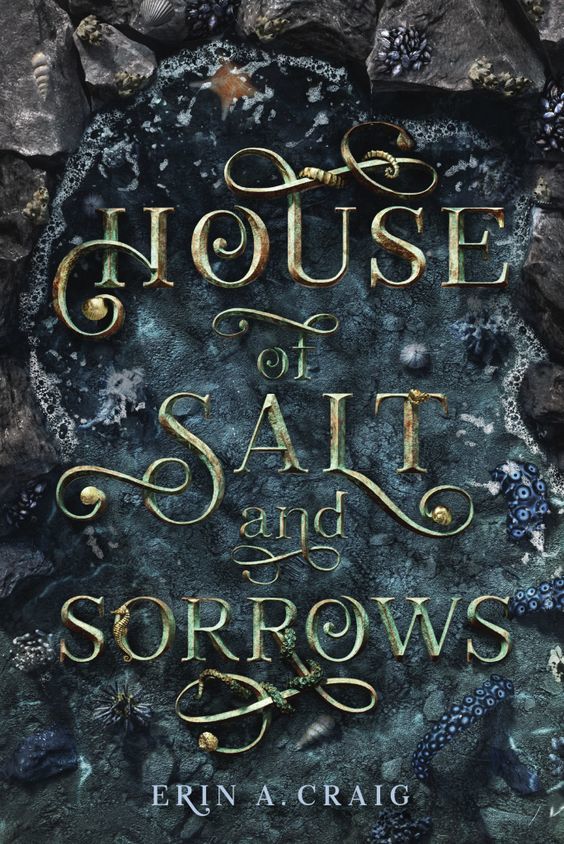Since his appointment to secretary of the Department of Health and Human Services, Robert F. Kennedy Jr. has voiced that he wants to spread his MAHA campaign (Make America Healthy Again) across the country.
According to the Department of HHS, the goal of the MAHA campaign is to “reform America’s food, health, and scientific systems to identify the root causes of the chronic disease epidemic and Make America Healthy Again.”
However, the Department of HHS and RFK have received widespread criticism from medical professionals, contesting that RFK makes health claims that go against established science, such as his most recent Tylenol announcement.
RFK’s Tylenol Announcement
Kennedy pledged to find the cure of autism earlier this year: “By September, we will know what has caused the autism epidemic and we’ll be able to eliminate those exposures.”
Earlier this month, he claimed that Tylenol causes autism in babies when taken by women during their pregnancies. The CEO of Kevenue (the medical company that produces Tylenol) attempted to dissuade Kennedy from spreading these claims about the drug in a private meeting earlier this month.
Kennedy and President Donald Trump held a press conference on Monday, Sept. 22 announcing that Tylenol is unsafe for pregnant women to take despite pushback from medical professionals and Kevenue.
“So, taking Tylenol is not good, alright? I’ll say it. It’s not good. For this reason, they are strongly recommending that women limit Tylenol use during pregnancy unless medically necessary,” Trump said.
This announcement has been met with confusion and varied reactions. Some pregnant women are scared and unsure, while others have voiced validation. Medicinal professionals and organizations have publicly criticized RFK’s claims.
Dr. Steven J. Fleischman, president of the American College of Obstetricians and Gynecologists, released an official statement: “Suggestions that acetaminophen use in pregnancy causes autism are not only highly concerning to clinicians but also irresponsible when considering the harmful and confusing message they send to pregnant patients, including those who may need to rely on this beneficial medicine during pregnancy.”
What Does Science Say?
In Trump’s statement about autism and Tylenol, he claimed that the autism incidence in the United States went from “one in 10,000…probably 18 years ago” to “one in 31” by 2025. In reality, the CDC estimated the rate in 2008 to be one in 88.
The increase in rates of autism is most likely attributed to the improvements in diagnosis and access to healthcare, as well as an increase in awareness in the past decade.
According to Johns Hopkins Bloomberg School of Public Health, parents are also far more aware of autistic symptoms than they were a decade ago, and are more likely to seek out help. As a result, there has been an increase in screening and reported cases. The increase in autism is not due to more people affected by the disease, but rather more reported cases.
Medical professionals and organizations such as The American College of Obstetricians and Gynecologists have said that there is no causal link between autism and Tylenol use during pregnancy.
The FDA has also been studying this issue for over a decade and has found no correlation, and continues to recommend acetaminophen (the drug in Tylenol) during pregnancy, as one of the only safe options for pain relief during pregnancy.



















